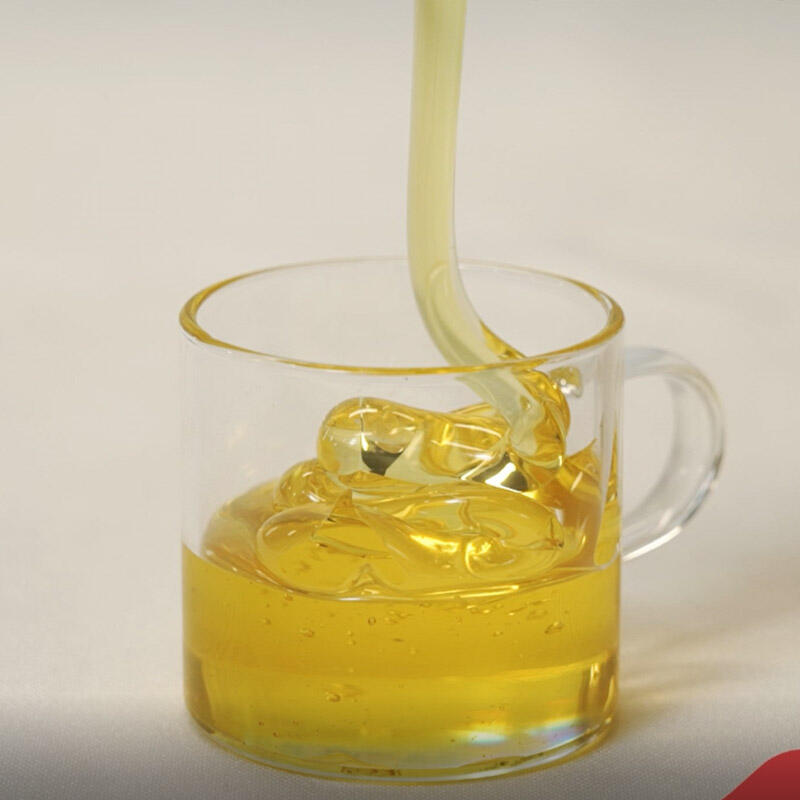
지방족 아민 구조가 에폭시 고리 개방 반응성을 어떻게 조절하는가: 1차 아민과 2차 아민의 비교 — 핵친성, 양성자 전이 효율 및 에폭시 경화 과정에서의 촉매 역할. 1차 아민은 각 질소 원자에 두 개의 반응성 수소를 갖는다...
더 보기
왜 고속 경화형 에폭시 경화제가 중요 인프라 보수 공사에서 가동 중단 시간을 최소화하는가: 응급 상황에서의 교량, 터널 및 대중교통 시설 보수에 필요한 72시간 긴급 대응 창구. 인프라가 고장나면 시간이 절대적으로 중요해진다. 교량이 붕괴되고, 터널이 침수되며...
더 보기
왜 고점도 에폭시 수지 가공 시 에폭시 희석제가 필수적인가: 제조사 입장에서 고점도 에폭시 수지를 다루는 것은 상당한 어려움을 동반한다. 일반적인 문제로는 충전제에 대한 습윤성 부족, 두께가 불균일한 불규칙한 코팅, 그리고...
더 보기
TETA가 무기 안료 표면과 상호작용하는 방식: 금속 산화물 안료 상의 아민–히드록실 및 아민–실라놀 축합 경로. 트라이에틸렌테트라민(TETA)은 무기 안료와 강력한 화학 결합을 형성하며...
더 보기
왜 IPDA가 다른 에폭시 경화제들 중에서도 두각을 나타내는가? IPDA의 분자 설계: 시클로알리파틱 구조와 입체적 균형. 이소포론다이아민(IPDA)은 두 개의 1차 아민기를 갖춘 특유의 시클로알리파틱 구조를 가지며, 이들이 서로 협력하여 작용한다...
더 보기
알리파틱 아민의 화학적 특성 및 경화 메커니즘 이해 핵친전자 반응 경로: 알리파틱 아민이 에폭시 고리 개방을 유도하는 방식 알리파틱 아민이 에폭시를 경화시킬 때, 이는 화학자들이 '핵친전자 공격'이라고 부르는 과정을 통해 이루어진다. 기본적으로, 질소 원자...
더 보기
왜 저온 조건에서 에폭시 경화가 지연되는가 — 그리고 현장 적용에 미치는 영향은 무엇인가? 에폭시 경화는 근본적으로 분자 이동성과 충돌 빈도에 의존한다. 그런데 이러한 두 요인은 저온 조건에서 심각하게 제한된다. 18°C 이하에서는 반응 속도...
더 보기
왜 지방족 아민이 빠르고 강력한 에폭시 경화를 제공하는가: 친핵성 추가 반응의 동역학 — 1차 아민의 반응성이 빠른 겔화 및 초기 강도 발현을 가능하게 하는 방식. 에폭시 경화 속도를 높이는 데 있어서 지방족 아민은 다음과 같이 작용한다...
더 보기
표준 에폭시 바닥재가 습한 환경에서 실패하는 이유: 매끄러운 에폭시 표면 위에서의 수중 주행(하이드로플래닝) 물리학. 일반적인 에폭시 바닥재는 유리처럼 매끄럽고 깔끔한 외관을 제공하지만, 물에 젖었을 때 문제가 발생한다. 쏟아진 물은 한 덩어리의 웅덩이처럼 그 자리에 고인다...
더 보기
에폭시 페인트의 뛰어난 마모 저항성 뒤에 숨은 과학: 교차 결합된 고분자 구조와 마모 저항성에서의 역할. 왜 에폭시 페인트는 마모 및 손상에 대해 이토록 강한가? 그 비결은 경화 과정 중 형성되는 방식에 있다. ...
더 보기
왜 IPDA가 황변을 유발하는가: 화학적 및 환경적 요인들, IPDA의 지방족 이아민 구조와 발색체 형성 경로. IPDA(Isophorone Diamine)가 황변을 일으키는 주된 이유는 그 특수한 지방족 가지형 구조와 산소나 빛에 노출될 때 생성되는 발색체( chromophore ) 형성 경로에 기인한다.
더 보기
지방족 아민이 에폭시 경화 및 교차결합 밀도를 유도하는 방식: 아민-에폭시 고리 개방 중합 메커니즘. 지방족 아민이 핵친화성 고리 개방 반응에 관여하면 에폭시 수지의 경화가 시작된다. 1차 아민기는 에폭시 고리에 공격하여 OH기를 생성하고, 이 과정에서 폴리머 사슬 성장과 함께 교차결합망이 형성된다.
더 보기